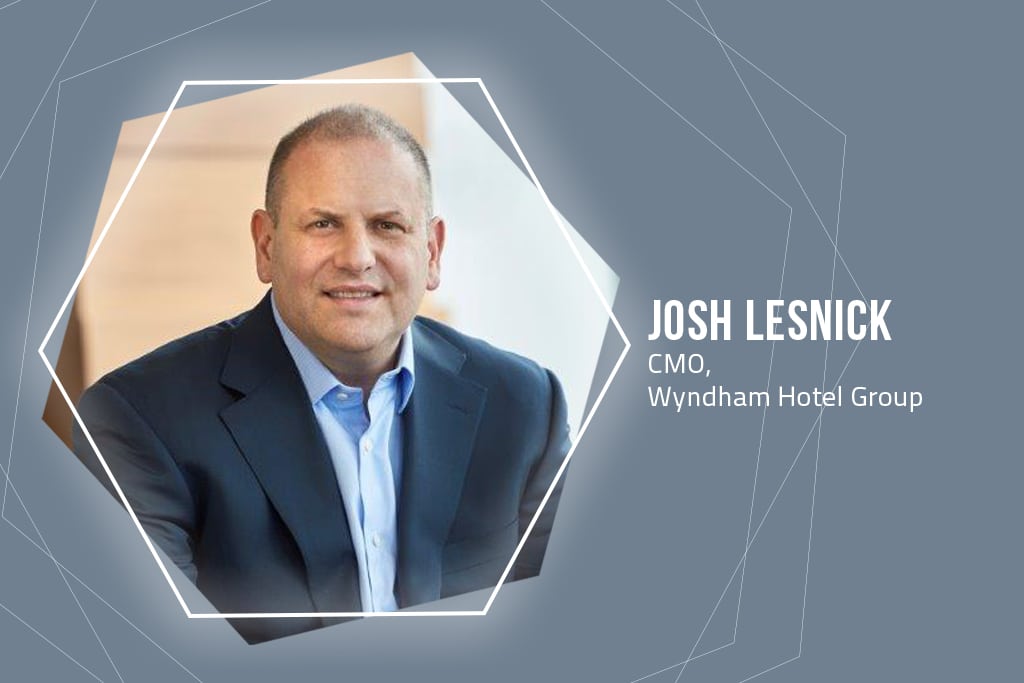Skift CMO Interview Series: Wyndham Searches for Fun in the Economy Space

Skift Take
Wyndham's tongue-in-cheek, thoughtful approach to marketing economy brands and building loyalty is refreshing in a space where so many other brands try to use the latest gimmicks to appeal to consumers with considerably bigger wallets.
Editor's Note: Following our previous CEO interview series in online travel, hospitality, and destinations, Skift has launched a new series, this time focused on Chief Marketing Officers.
To better understand the big marketing challenges facing travel brands in an age when consumers are in control, Skift's What Keeps CMOs Up at Night will talk with the leading voices in global marketing from across all the industry's sectors.
These interviews with leaders of hotels, airlines, tourism boards, digital players, agents, tour operators and more will explore both shared and unique challenges they are facing, where they get insights, and how they best leverage digital insights to make smarter decisions.
This is the latest interview in the series.
Wyndham Hotel Group announced the debut of new rewards levels for its loyalty program, Wyndham Rewards this morning (see separate Skift post) to welcome both new members, as well as recognize those who stay often with Wyndham's variety of 15 different brands occupying the economy to upper upscale space.
Josh Lesnick, CMO of Wyndham Hotel Group, has made it his mission, since joining Wyndham in July 2014, to market not just to luxury travelers or big spenders, but to a larger population of customers who place a premium on value.
Last year, at the Skift Global Forum, Lesnick delivered a presentation on that very topic, talking about the unseen power of Middle America.
Today, with Wyndham's announcement regarding the next evolution of its loyalty program, Lesnick is more determined than ever to show that (1) marketing economy brands doesn't have to be painful or challenging and (2) the best way to build customer loyalty is by being direct, appealing to their emotions, and having a good sense of humor about all of it.
A case in point would be Wyndham's recent "Not So Super Art Fair" event. To promote the fact that all of Super 8's North American hotels were replacing their old (and arguably ugly) artwork with newer, sleek black-and-white photography as part of a brand-wide design refresh, Super 8 enlisted the help of author and actress Amy Sedaris. Last week, during New York Art Week no less, Sedaris hosted a pop-up art gallery show where guests could literally grab the artwork — all old pieces of art donated from Super 8 hotels across the country that were each named by Sedaris herself — and take it home with them.
And then there's the new Wyndham Rewards program, which was launched
